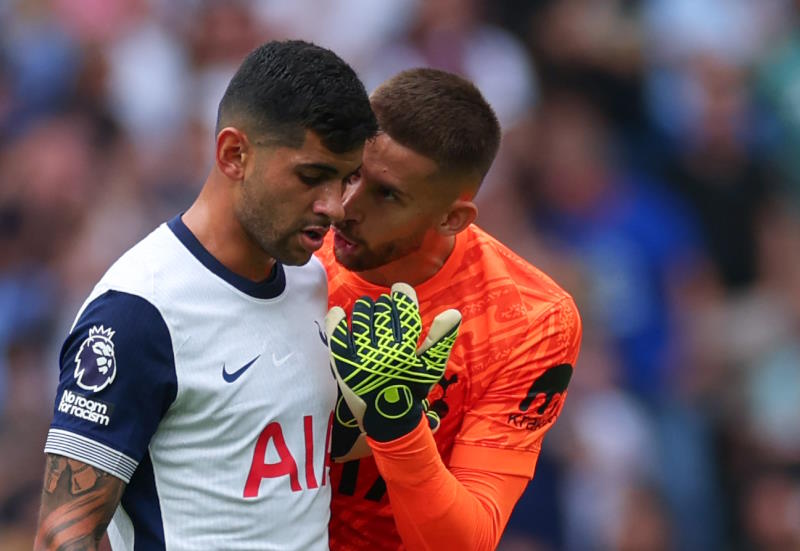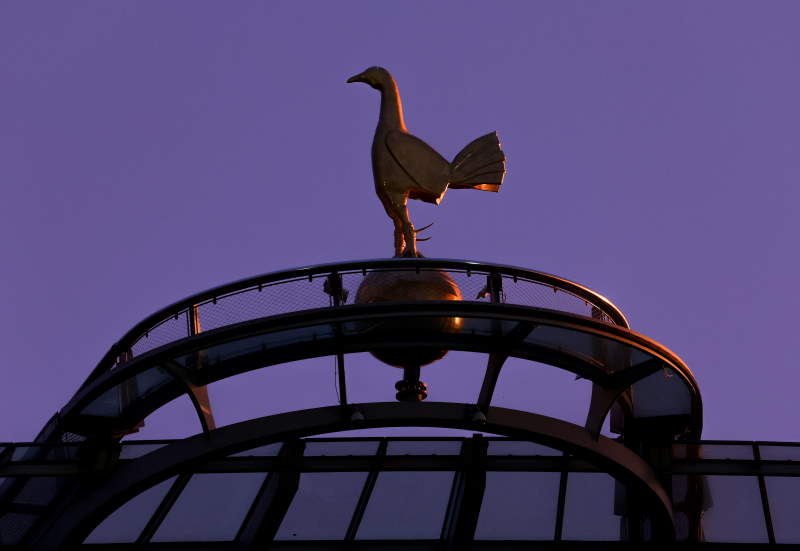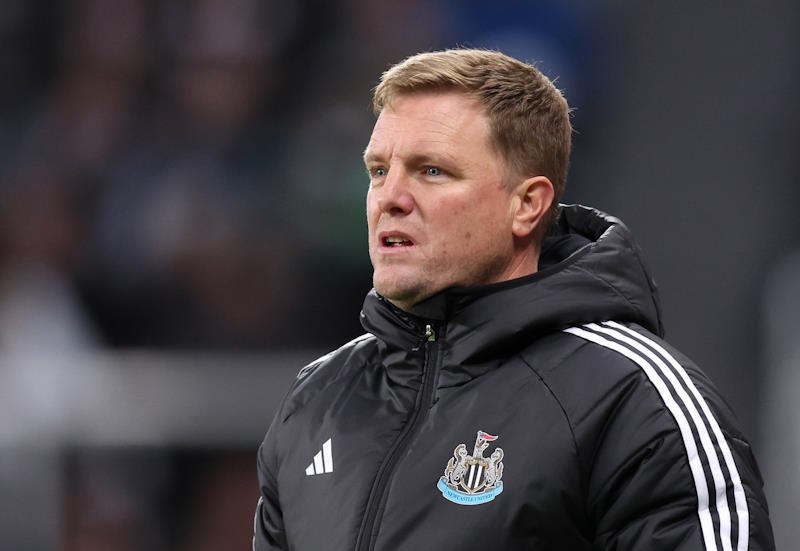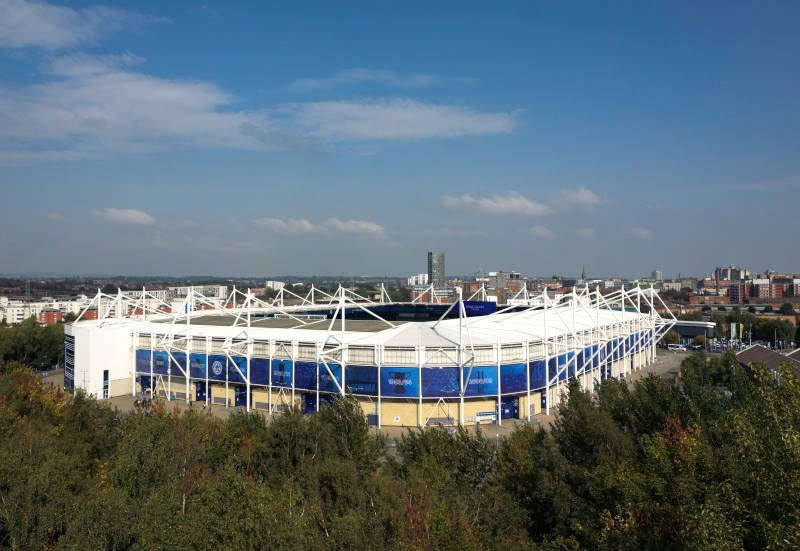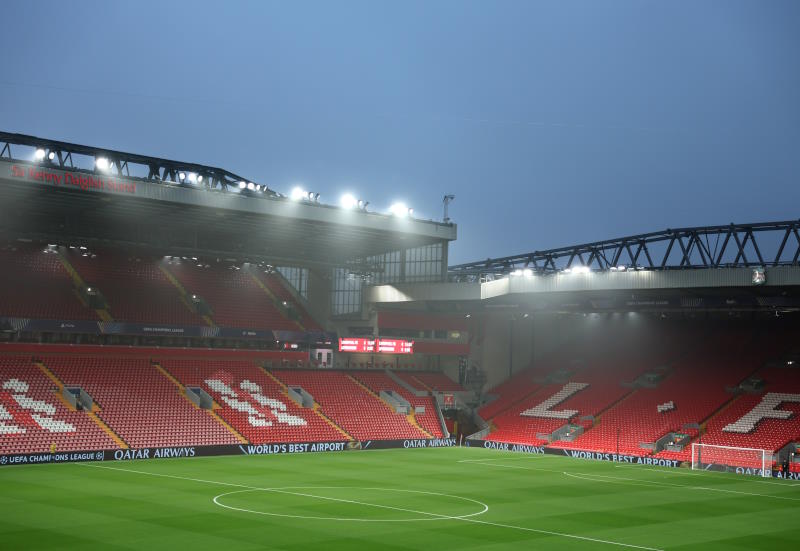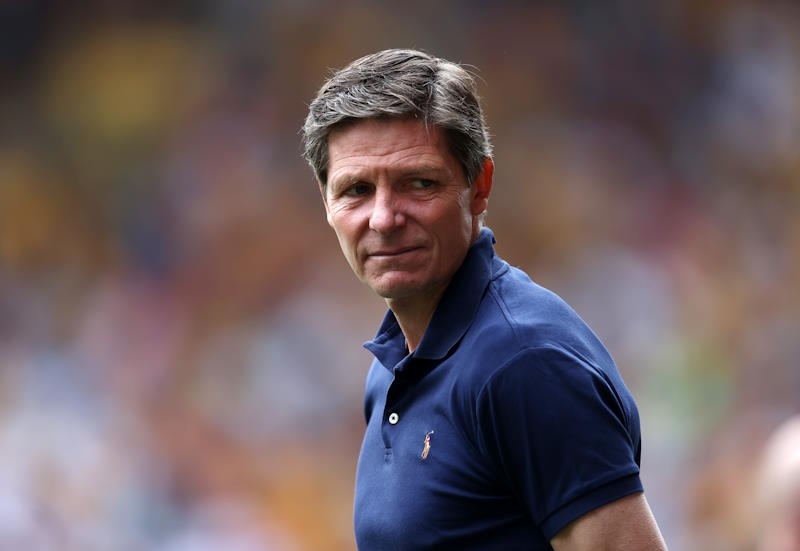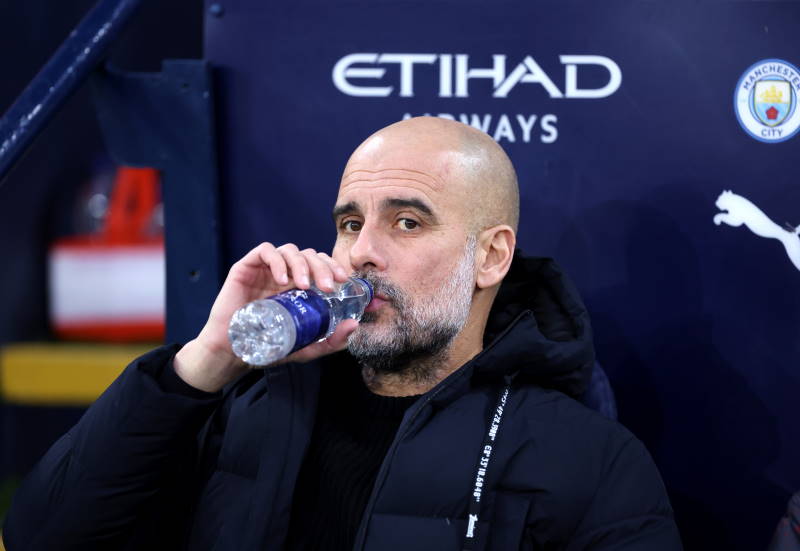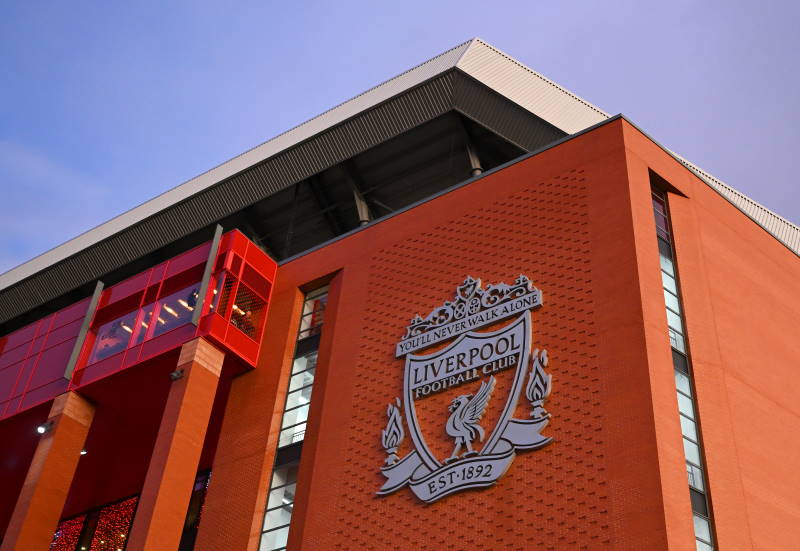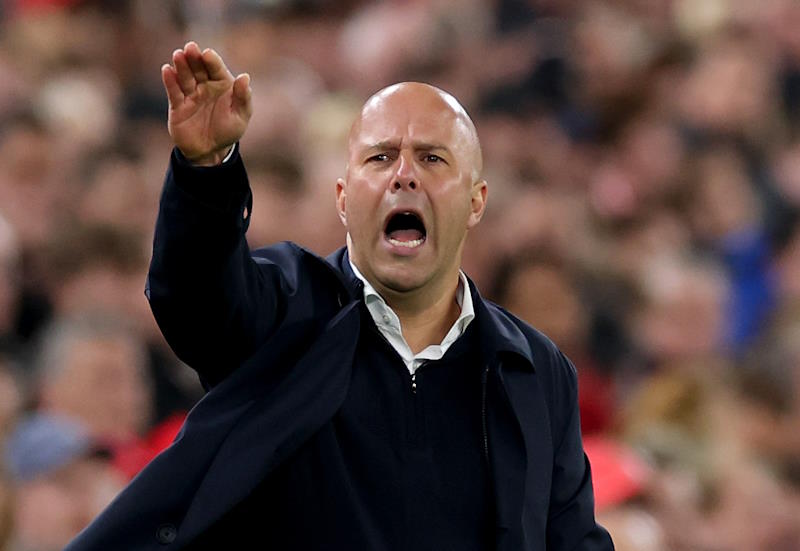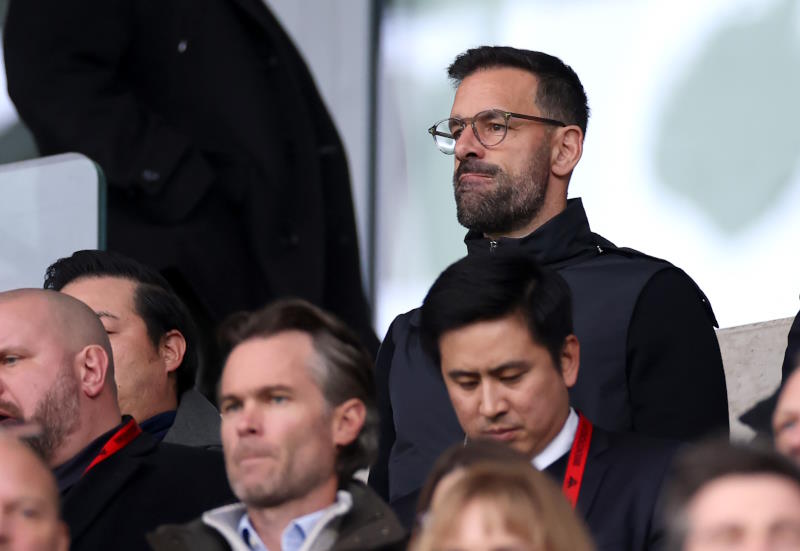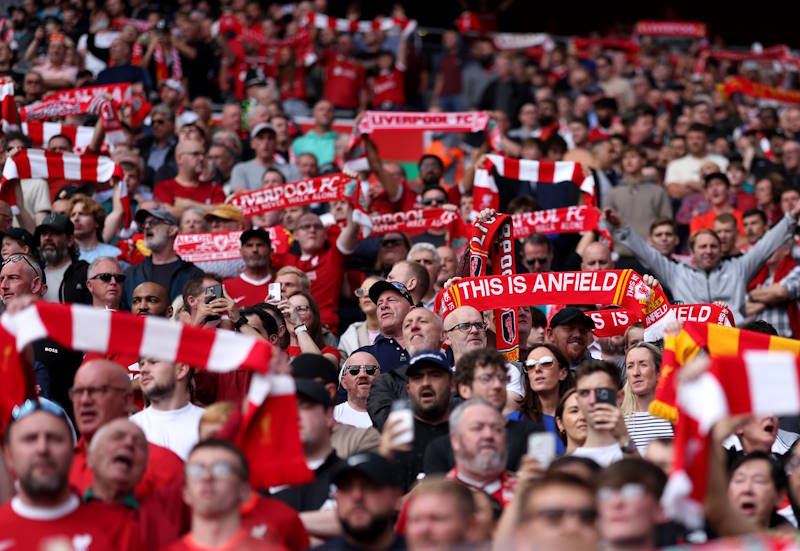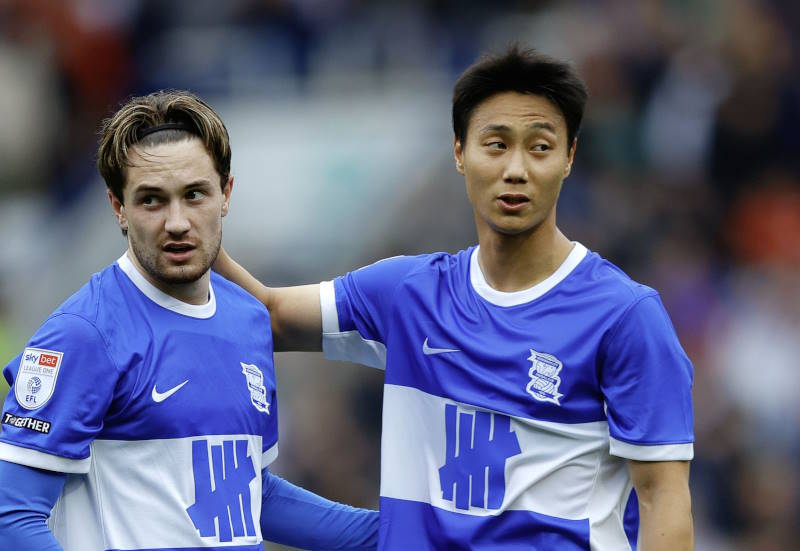
The worst kept secret in Russian football is finally out. Fabio Capello will manage Russia and take them through the next World Cup qualifying campaign. The news will raise eyebrows in the football world, most of all in England, where his recent reign as national team coach ended in ignominy earlier this year after a disastrous World Cup in 2010.
Capello replaces Dick Advocaat as coach of the national team at a particularly crucial moment in Russian football. There are six years until the country hosts the 2018 World Cup and they are taking the on-pitch performance of the team as seriously as they are building infrastructure for the event. Indeed Sergei Fursenko, the former head of the Russian Football Union (RFU), declared their aim is to win the World Cup in 2018. He also said a key part of that plan was to win this summer’s European Championship however.
It was therefore not a huge shock when he fell on his sword after Russia’s shock group stage exit in at Euro 2012; Russia were expected to progress to the last eight at the very least. What is most intriguing about Fursenko’s departure though is that he has still not been replaced, yet the recruitment and appointment process for what could be the most important decision before 2018 has been taken with a power vacuum at the top of the RFU. In fact, it was largely overseen by Russian sports minister Vitaly Mutko, by coincidence, Fursenko’s predecessor at the RFU, as well as a former president of Zenit St. Petersburg.
Mutko has been engrossing himself with all sorts of Russian football issues of late. Just before Fursenko left his role, Mutko blamed Russia’s exit from Euro 2012 on the 18-month Russian Premier League season which had just ended. The length of the campaign was to make the transition from having a league season which ran from spring to autumn, to one which instead came into line with the other major European leagues. The change was down to Fursenko during his time in charge of the RFU.
The sports minister has also attacked changes by the RFU which relaxed rulings on the number of foreign players who are allowed to play for teams in the Russian Premier League; rulings which were his initiative during his spell in charge of the RFU. With Fursenko, brought in by former Russian President Dmitry Medvedev, announcing his departure from the post at a meeting with current leader Vladimir Putin, it is clear to see that Russia’s politicians have their fingerprints all over the present shambles at the top of the country’s football union.
Capello is now charged with restoring the fortunes of a nation which only four years ago reached the last four of the European Championship. His appointment is a strong statement that Russia are determined to turn themselves into a world football force. But this will be a tough ask. There is a dearth of young talent in the country at present, with the stars of the last generation such as Andrei Arshavin, Roman Pavlyuchenko, Roman Shirokov and Vasily Berezutski passing their peak. Igor Denisov, Yuri Zhirkov and Igor Akinfeev are three still in their prime, but it is difficult to see world class talent arriving at its peak for 2018, aside from Alan Dzagoev.
The CSKA Moscow star showed his enormous potential at Euro 2012 when he tormented the Czech Republic on the opening night of the tournament, but one player does not make a team. Along with Aleksandr Kokorin, Dzagoev was one of just two under the age of 25 in Advocaat’s squad this summer.
The secretary general of the Union of Russian Footballers and Coaches, Nikolai Grammatikov, has said that the country has missed the boat to develop youngsters good enough to be a part of the national team in 2018 . Aside from the bigger clubs, he claimed that youth schools are run in poverty and graduates had “very limited opportunities”. Last year the union claimed that just two Russian players between 19 and 21 years old were playing for leading clubs in the top flight.
In response, the RFU has built a list of 150 youngsters whose careers will be tracked by scouts, in a bid to ensure they have the quality necessary to compete in 2018, but how this will help the progression of those concerned is unclear. Particularly with the increased presence of rich owners at teams such as Zenit, Anzhi Makhachkala and FC Krasnodar, and foreign coaches such as Guus Hiddink and Slaven Bilic, the chances for young Russians are being increasingly diminished. Add in the relaxation of foreign player quotas, which now mean that seven rather than six foreigners can be on the pitch for Russian Premier League teams at any time during a match, and the opportunity for a young star trying to make their name is being increasingly squeezed.
And this is without even touching on the shoddy state of pitches in the country, a major cause of debate this year, along with a string of incidents concerning allegedly racist behaviour at stadiums. The RFU and Russian Premier League have started a task force to tackle racism, but the problems in this area are deep rooted. Earlier this year, a fan who admitted throwing a banana at Roberto Carlos in 2011, was allowed to walk away without censure by police, whilst Emmanuel Emenike received a fine for responding to racial abuse which was not even punished by the authorities.
This is the chaotic scene into which Capello now steps. A country with an ageing team, few youngsters coming through in a cash rich, foreigner dominated league, struggles between politicians and football officials and a dismal exit from Euro 2012. The former AC Milan and Real Madrid coach found it difficult to master English in his last job, but once he has settled down in his new office, he may find learning Russian is the least of his worries.

